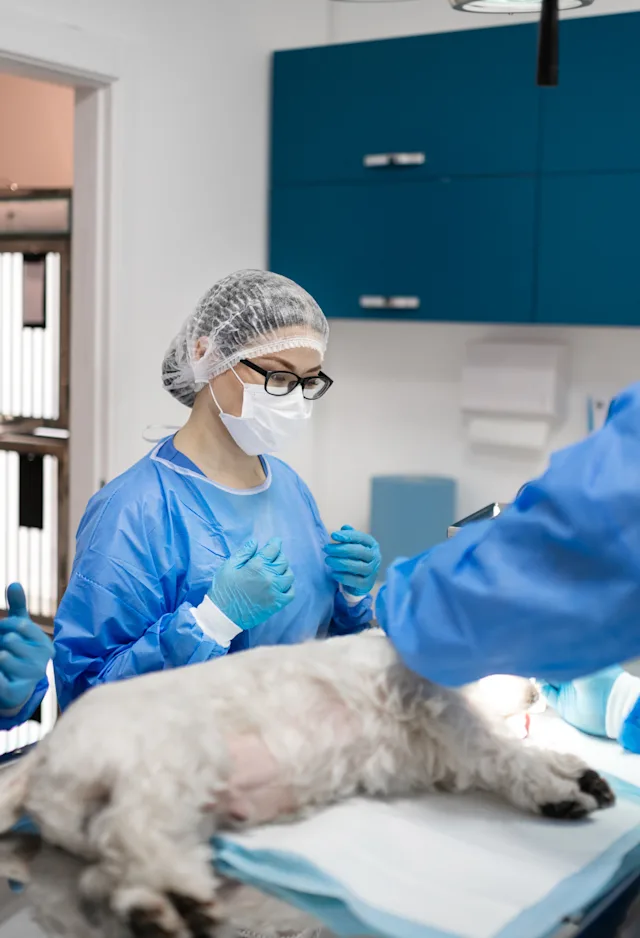Charleston Veterinary Referral Center (CVRC)

The in-queue list does not include critical patients in need of immediate life-saving measures.
At this time, the above counter does not account for patients admitted to any of our specialty departments.

While your pets are in our care, we treat them as members of our own family.
Our goal is to provide you with a veterinary hospital that delivers extraordinary emergency, urgent, and specialty care, along with exceptional client service. Doctors and veterinary nurses are always present.
Client Reviews & Testimonials
We value our clients’ experience at Charleston Veterinary Referral Center. Here’s what some of your neighbors are saying about us.


